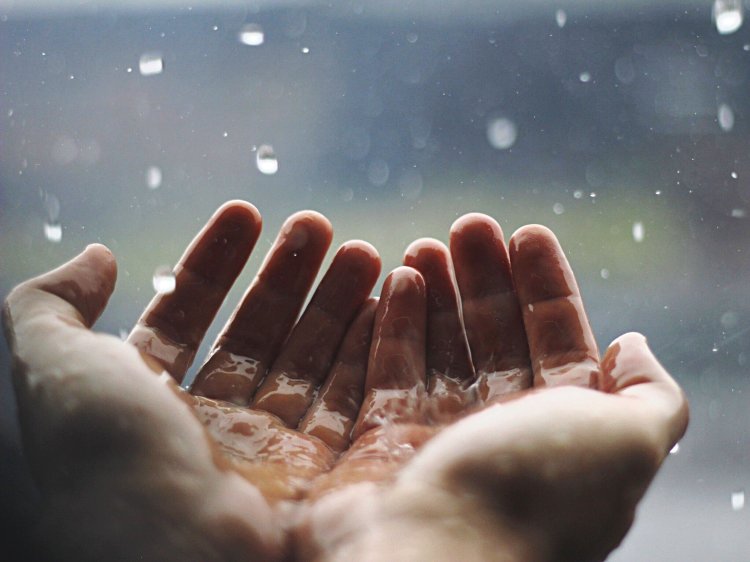Does Weather Really Affect Arthritis Pain? Science vs. Personal Experience
Medical myths are stubborn things. They linger in conversations, family lore, and even in doctor’s offices. One of the most enduring? The idea that changes in the weather rain, cold, or a sudden shift in pressure can trigger arthritis pain.

Plenty of people with arthritis will swear by it. Some even joke that their joints are more accurate than the evening weather forecast. And honestly, who’s to say that’s completely wrong?
But when we zoom out and look at the science, the picture isn’t so clear.
What the research says (and doesn’t say)
A large-scale study looked at more than 11 million medical visits across rainy and dry days. If weather truly influenced joint pain, you’d expect to see a spike in doctor visits on soggy, damp days. But that’s not what the data showed. In fact, there were slightly more visits on dry days.
That’s not the only study to cast doubt on the weather-arthritis connection. A 2014 study in Australia found no link between back pain and factors like rain, temperature, humidity, or air pressure. Researchers even compared the weather at the time symptoms began with the weather a week and a month earlier still, nothing.
On the flip side, smaller studies have hinted at possible patterns. One found that knee pain worsened a bit when temperatures dropped or when barometric pressure rose. But these findings were modest and inconsistent, which makes them hard to hang your hat on.
In other words, the scientific consensus leans toward: probably not a strong link.
Why so many people still feel it

Here’s the wrinkle: science can tell us one story, but lived experience can feel like another. If you wake up on a cold, rainy morning with stiff knees or aching hands, the connection feels undeniable. Humans are wired to notice patterns especially when pain is involved.
What we’re less good at noticing are the days when the weather changes and nothing happens. Those uneventful days fade from memory, while the painful coincidences stick. That’s part of why the myth has staying power; it feels true, even when the data says otherwise.
Myth, fact… or something in between?
So, does weather cause arthritis pain? Based on the best evidence so far, not in any major, consistent way. But does that mean every person’s experience is “wrong”? Not at all.
It’s possible that certain individuals really are more sensitive to shifts in barometric pressure or temperature. Or maybe there are other, still-unmeasured factors like inflammation rhythms, activity levels, or even seasonal mood changes that make pain flare more noticeably on gloomy days.
The bottom line
Medical myths die slowly because they’re rooted in human experience, not just data. And sometimes, yesterday’s myth becomes tomorrow’s proven fact. For now, though, the science suggests that arthritis pain is less about rain clouds and more about the complex biology of joints, nerves, and inflammation.
If your body tells you the storm is coming, listen. But also know that the best predictors of arthritis pain may not be in the sky they’re in your body’s own patterns, triggers, and needs.
What's Your Reaction?




















